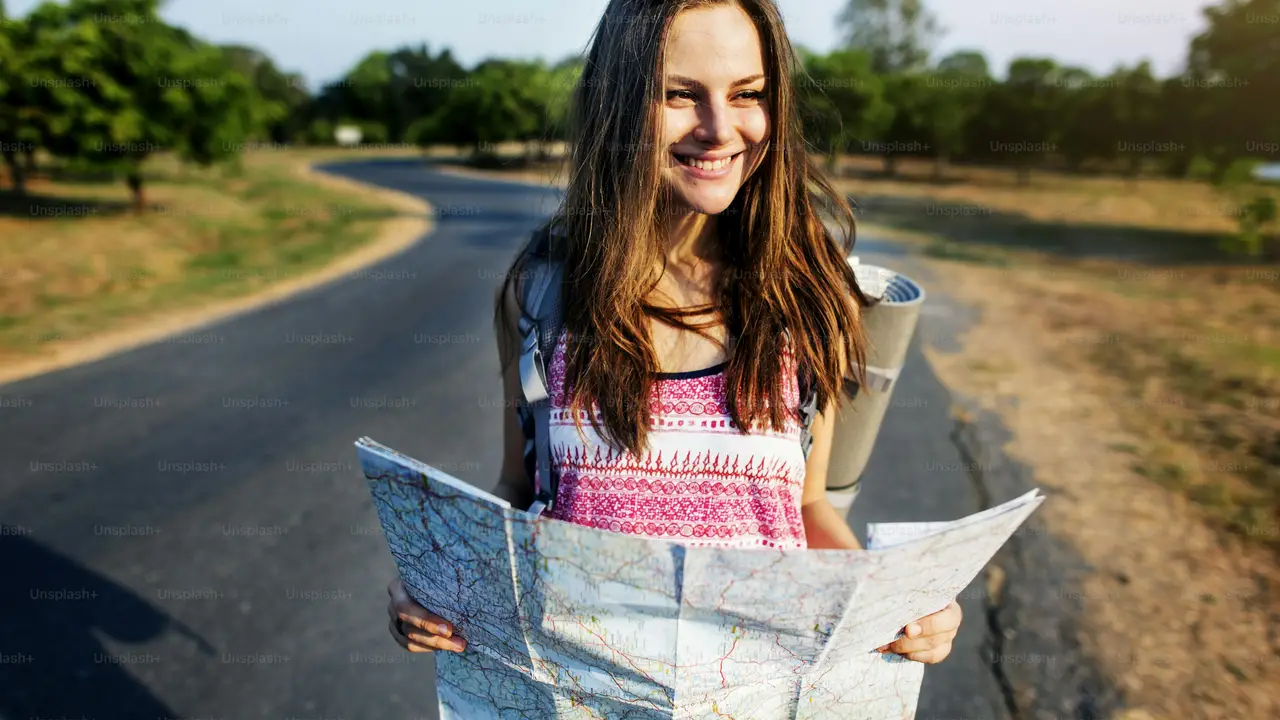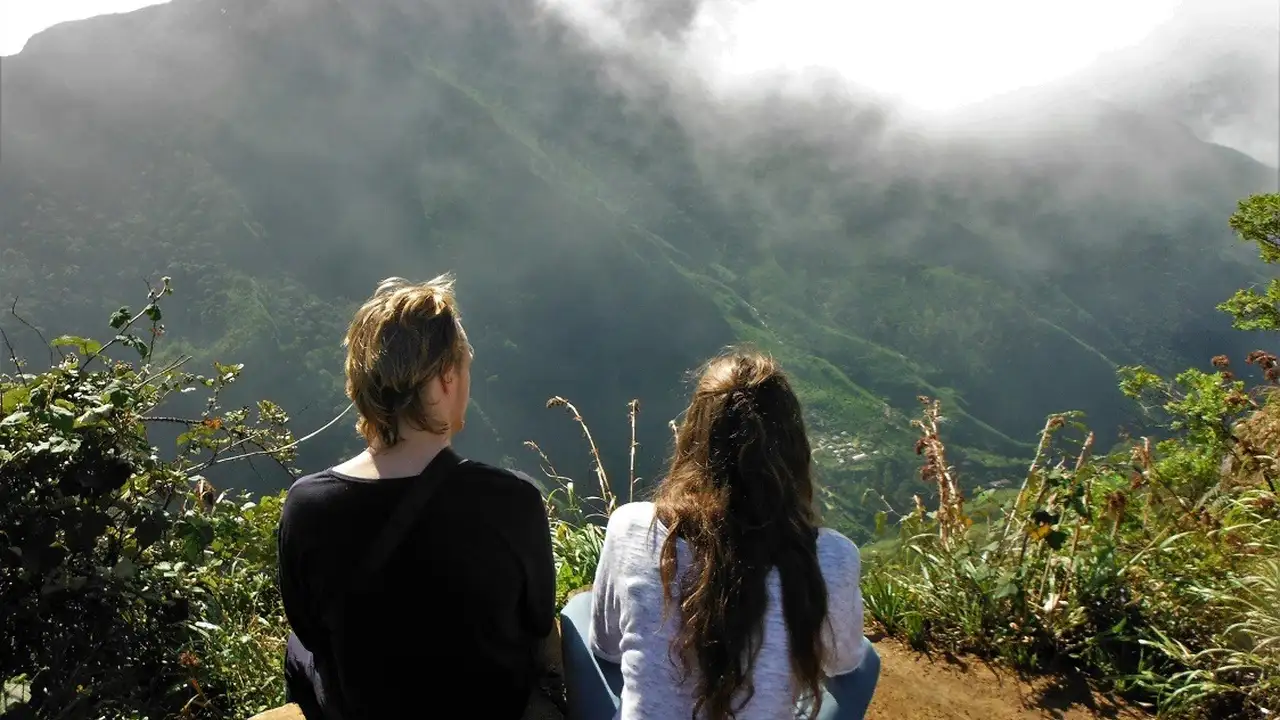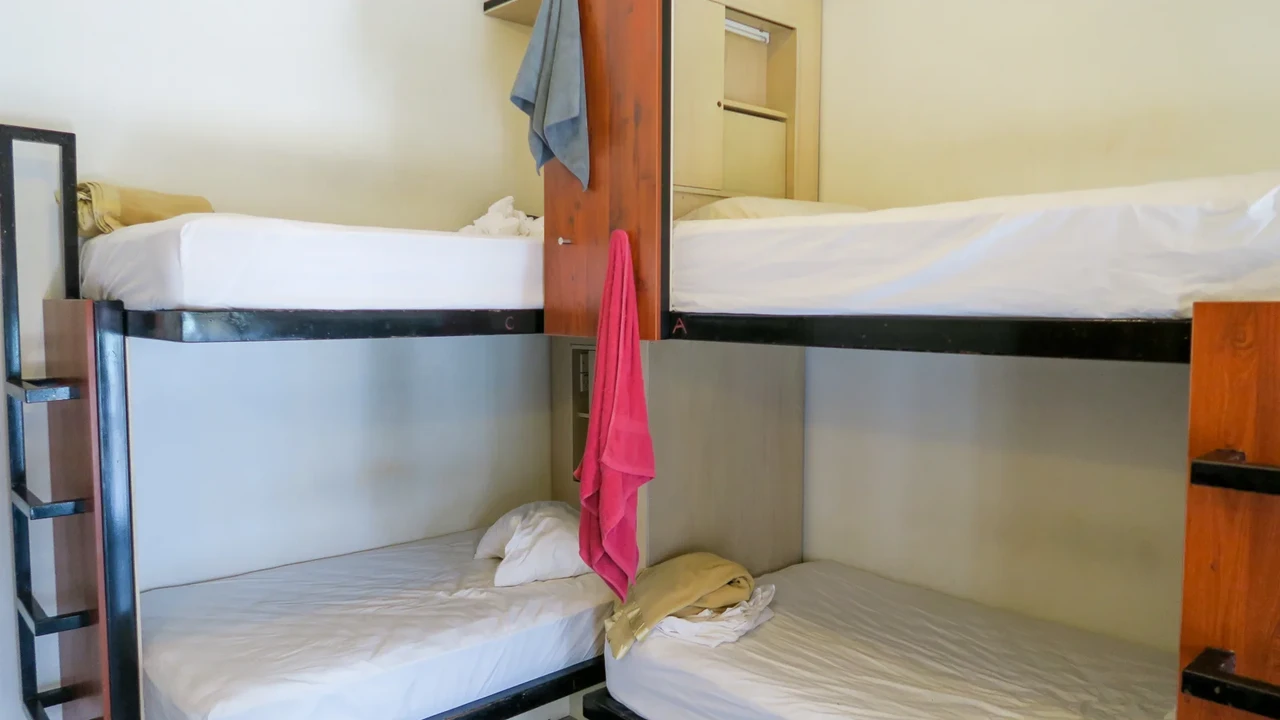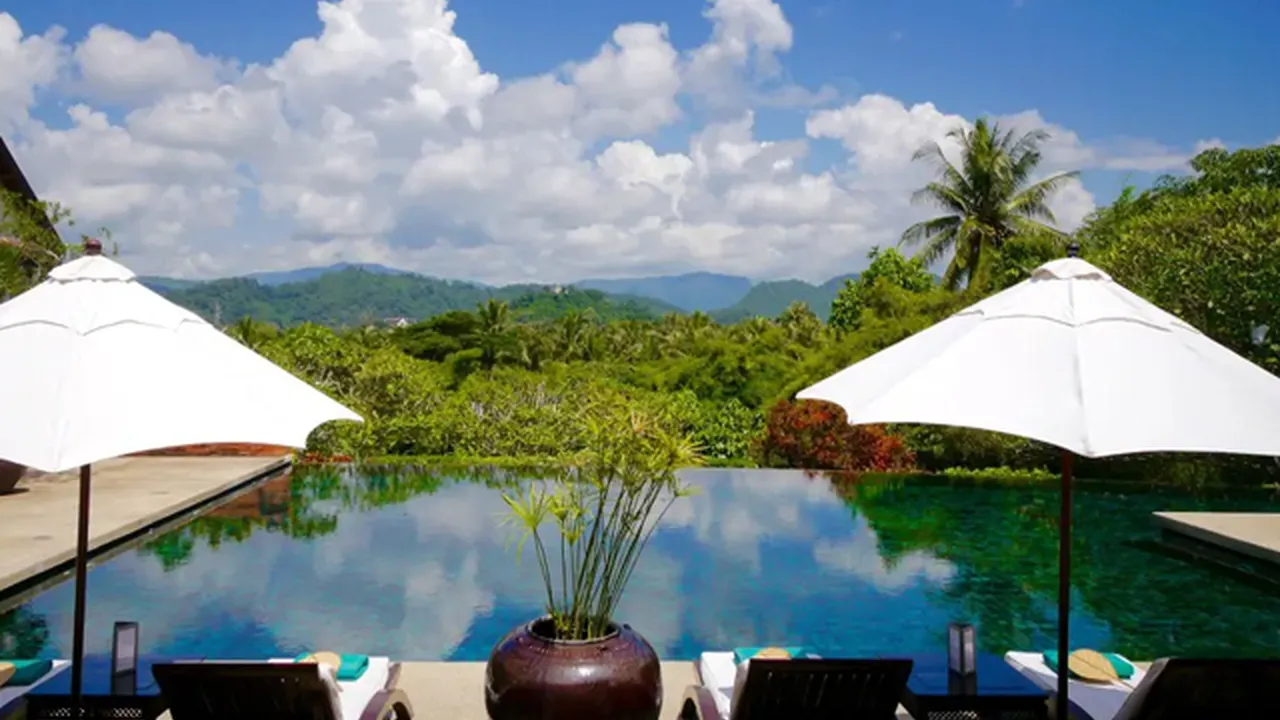Mental Health Solo Travel Wellbeing
Plan your solo adventure with confidence. This guide covers essential safety tips, from pre-trip planning to on-the-ground awareness. Learn how to mitigate risks and enjoy a secure and fulfilling solo travel experience.
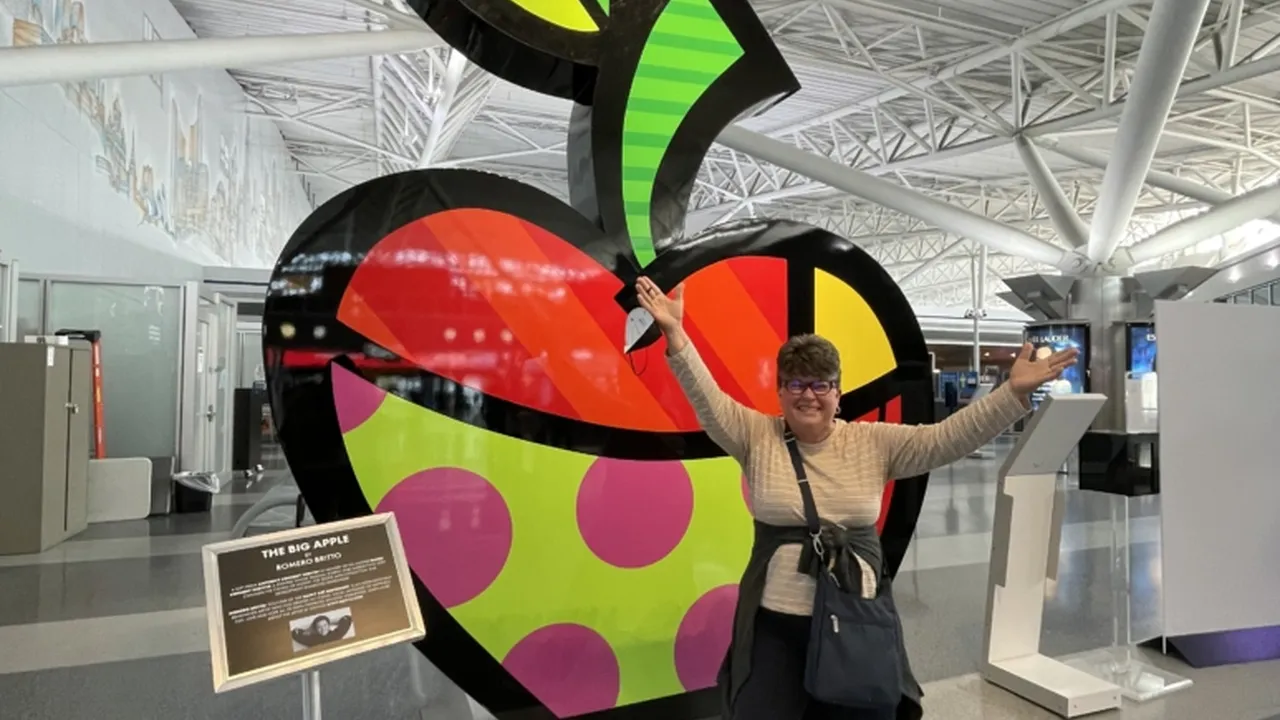
Why Mental Wellbeing Matters for Solo Travelers
Hey there, fellow solo adventurers! Let's talk about something super important: your mental health. When you're out there exploring the world on your own, it's easy to get caught up in the excitement and forget to check in with yourself. But trust me, taking care of your mind is just as crucial as packing your sunscreen and passport. Being alone in new environments can bring on a whole mix of emotions – excitement, sure, but also loneliness, stress, and even anxiety. That's why it's so important to have a plan for staying mentally healthy while you're on the road. Think of it as your personal mental health toolkit for solo travel. We're going to dive into some practical tips and strategies to help you navigate the emotional ups and downs of solo travel and make sure you're having an amazing and fulfilling experience.
Combating Loneliness Solo Travel Strategies
Okay, let's be real: loneliness can sneak up on even the most independent solo traveler. You're surrounded by new people and places, but sometimes that feeling of connection is missing. So, what can you do? First, embrace the power of connection. Join a walking tour, strike up a conversation at a local cafe, or participate in a group activity. These small interactions can make a huge difference. Another great strategy is to plan regular check-ins with friends and family back home. A quick video call can help you feel grounded and connected. Remember, it's okay to feel lonely sometimes. Acknowledge the feeling and then actively seek out ways to connect with others. Don't be afraid to put yourself out there – you never know who you might meet!
Managing Stress Solo Travel Tips
Travel can be stressful, even when you're not solo! Unexpected delays, language barriers, and navigating unfamiliar environments can all take a toll. To manage stress, preparation is key. Before you go, research your destination, learn a few basic phrases, and have a backup plan for transportation and accommodation. Once you're on the road, prioritize self-care. Get enough sleep, eat healthy meals, and take breaks when you need them. Mindfulness techniques like meditation or deep breathing can also be incredibly helpful. Download a meditation app or simply find a quiet spot to relax and focus on your breath. Remember, it's okay to slow down and take things at your own pace. You're on vacation, after all!
Cultural Adjustment Solo Travel Challenges
Stepping into a new culture is one of the most rewarding parts of solo travel, but it can also be challenging. Culture shock is real, and it can manifest in different ways, from feeling overwhelmed to experiencing frustration and irritability. To ease the transition, do your research before you go. Learn about local customs, traditions, and etiquette. Be open-minded and respectful of cultural differences. Try to immerse yourself in the local culture by trying new foods, attending local events, and interacting with residents. If you're feeling overwhelmed, take a break and find a familiar comfort. Watch a movie, listen to music, or connect with someone from home. Remember, cultural adjustment takes time, so be patient with yourself and embrace the experience.
Staying Positive Solo Travel Mindset
A positive mindset can make all the difference in your solo travel experience. Challenges will inevitably arise, but how you respond to them is what matters. Practice gratitude by focusing on the positive aspects of your trip. Keep a travel journal and write down your favorite moments, the people you've met, and the things you've learned. Surround yourself with positive influences by reading inspiring books, listening to uplifting music, or connecting with positive people. When faced with a setback, try to reframe it as an opportunity for growth and learning. Remember, every challenge you overcome makes you stronger and more resilient. Embrace the journey and trust that everything will work out.
Tools for Managing Mental Health on the Road: Apps and Resources
Thankfully, there are tons of amazing resources available to help you stay mentally healthy while traveling. Here are a few of my favorites:
Meditation Apps: Headspace vs Calm
Both Headspace and Calm are fantastic meditation apps that can help you manage stress and anxiety. Headspace is great for beginners, with guided meditations that teach you the basics of mindfulness. Calm offers a wider range of content, including sleep stories and relaxing music. I personally use Calm for its sleep stories when I'm struggling to fall asleep in a new environment. Headspace costs around $70 per year, while Calm is about $70 annually as well. Both offer free trials so you can see which one works best for you.
Journaling Apps: Day One
Day One is a beautiful and easy-to-use journaling app that allows you to record your thoughts and experiences on the go. You can add photos, videos, and even audio recordings to your entries. It's a great way to reflect on your journey and track your personal growth. Day One costs about $35 per year.
Mental Health Support: Talkspace vs BetterHelp
If you're struggling with more serious mental health issues, online therapy platforms like Talkspace and BetterHelp can provide access to licensed therapists from anywhere in the world. Talkspace offers text, audio, and video therapy sessions, while BetterHelp focuses primarily on text-based therapy. Both platforms require a monthly subscription, which can range from $260 to $400 per month, depending on the therapist and the type of therapy you choose. It's a significant investment, but it can be life-changing if you're struggling.
Specific Products for Solo Travel Wellbeing
Noise-Cancelling Headphones: Bose QuietComfort 45 vs Sony WH-1000XM5
Believe me, noise-canceling headphones are a lifesaver on long flights or in noisy hostels. The Bose QuietComfort 45 and Sony WH-1000XM5 are two of the best on the market. The Bose are known for their comfortable fit and excellent noise cancellation, while the Sony offer more advanced features like adaptive sound control. I use my Bose QC45s on every flight to block out engine noise and crying babies. The Bose QC45 retail for around $330, and the Sony WH-1000XM5 cost about $400.
Essential Oil Diffuser: Portable USB Diffuser
A portable essential oil diffuser can create a calming and relaxing atmosphere in your hotel room or hostel. Look for a small, USB-powered diffuser that you can easily pack in your luggage. Lavender, chamomile, and sandalwood are all great essential oils for promoting relaxation and sleep. You can find these diffusers for around $20-$30 on Amazon.
Weighted Blanket: Travel-Sized Weighted Blanket
A weighted blanket can help reduce anxiety and promote relaxation, especially if you have trouble sleeping in new environments. Look for a travel-sized weighted blanket that's lightweight and easy to pack. These blankets typically weigh between 5 and 10 pounds and cost around $50-$80.
Prioritizing Self-Care Solo Travel Routine
Creating a self-care routine is essential for maintaining your mental wellbeing on the road. Start by scheduling time for activities that you enjoy, whether it's reading, writing, listening to music, or practicing yoga. Make sure to get enough sleep, even if it means missing out on some activities. Eat healthy meals and stay hydrated. Avoid excessive alcohol consumption, as it can negatively impact your mood and energy levels. Take breaks when you need them and don't be afraid to say no to activities that don't align with your needs. Remember, you're in charge of your own experience, so prioritize your wellbeing above all else.
Seeking Support Solo Travel Network
Finally, remember that you're not alone. Connect with other solo travelers through online forums, social media groups, or in-person meetups. Share your experiences, ask for advice, and offer support to others. Building a network of fellow adventurers can help you feel less isolated and more connected. If you're struggling with your mental health, don't hesitate to reach out to a therapist or counselor. There are many resources available to help you navigate the challenges of solo travel and prioritize your wellbeing. So go out there, explore the world, and take care of yourself along the way!
:max_bytes(150000):strip_icc()/277019-baked-pork-chops-with-cream-of-mushroom-soup-DDMFS-beauty-4x3-BG-7505-5762b731cf30447d9cbbbbbf387beafa.jpg)



